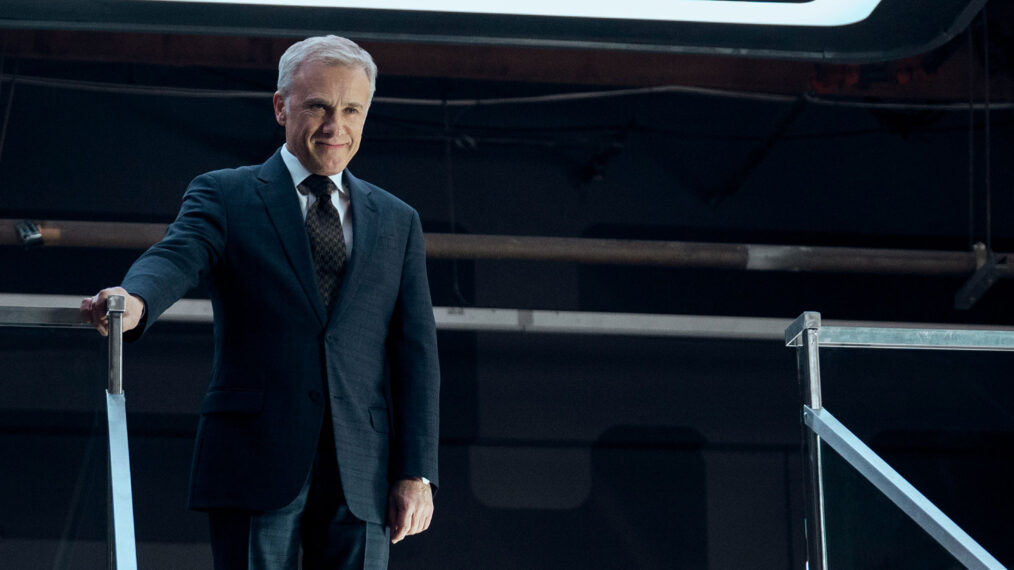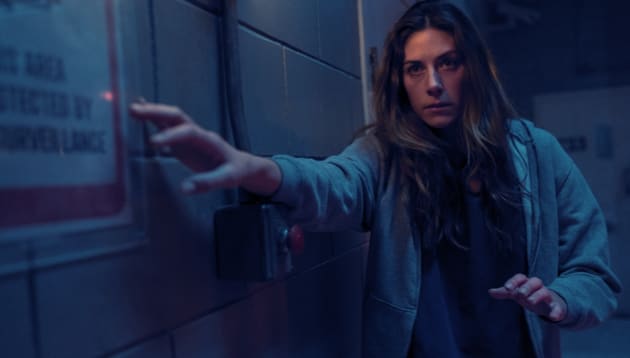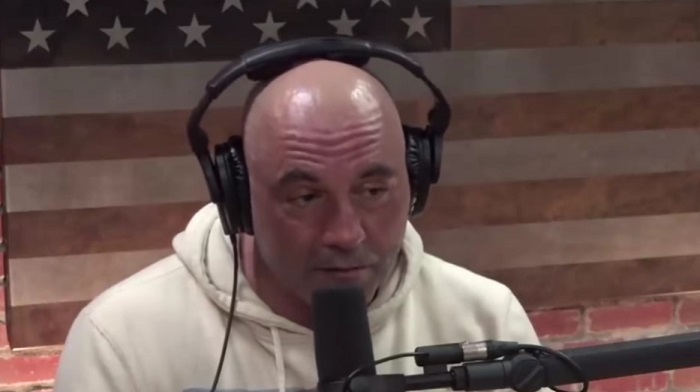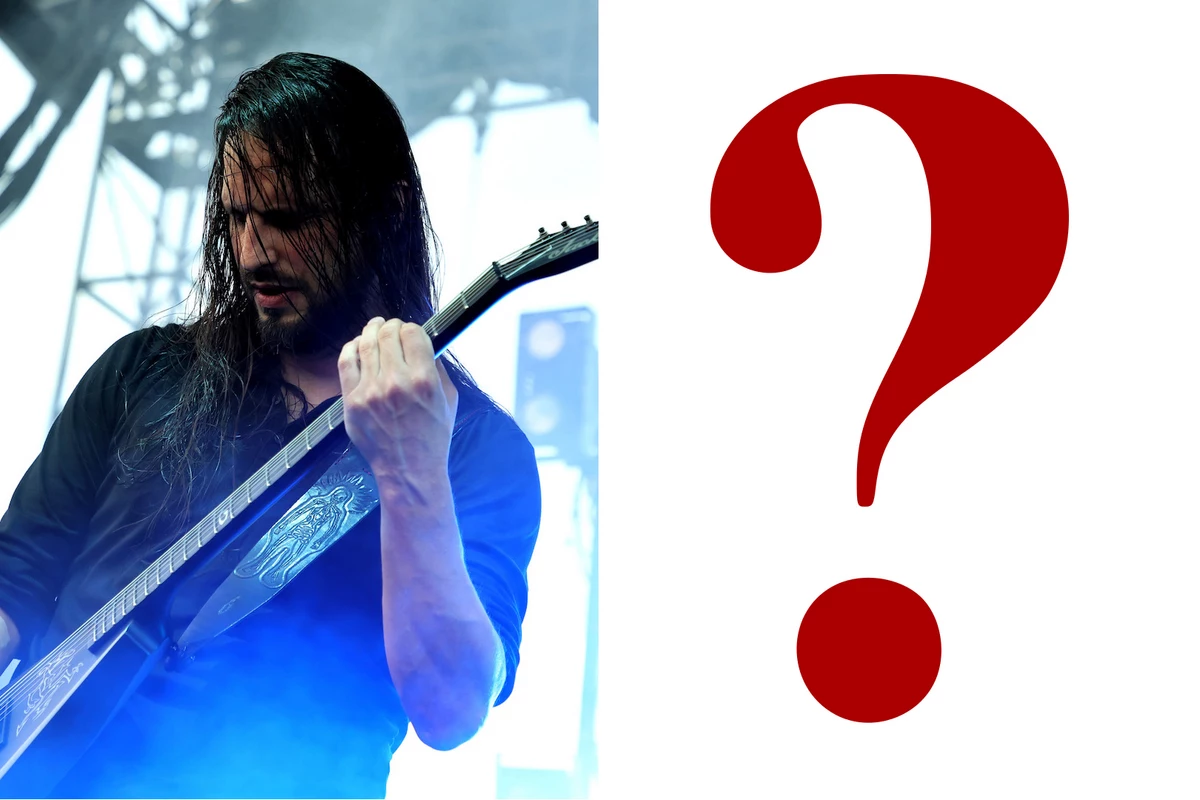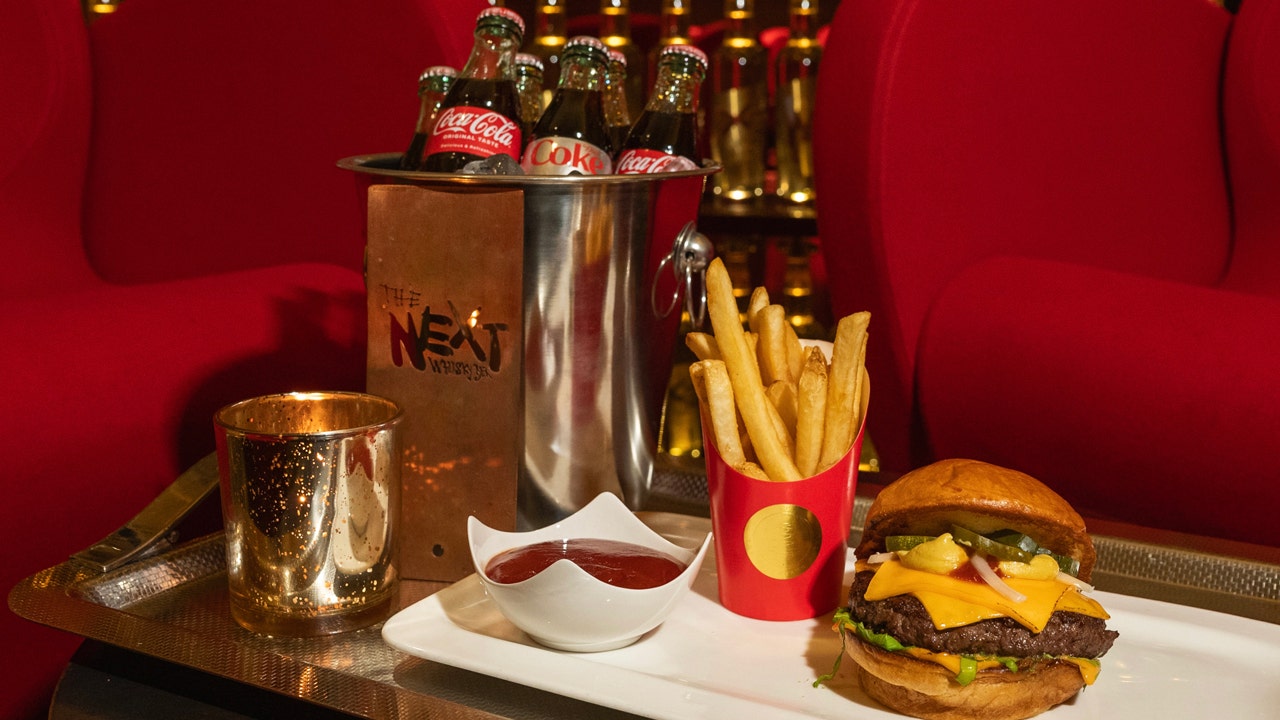I’ve lived most of my life somewhere in the murky territory between boy next door and gal pal (this was before people regularly used the word nonbinary). To my parents, I’ve always very clearly been their son. They did a great job of embracing my less-than-traditional version of masculinity, as long as we didn’t talk about it. My queerness could exist, but the minute I described myself as gay, my feminine aspects took on a menacing quality. In the conservative suburban Catholic world I grew up in, it wasn’t ok to be gay especially if you were unapologetic. It had to be hidden, because it was shameful. For years I minimized myself in an effort to make others happy.
While much has changed since I came of age as a queer person in Y2K-era Michigan, what has remained the same is a fundamental human need to be part of a social community with shared values. These standards may never be articulated, and they’re definitely not written down anywhere, but if violated, there are consequences. Anyone who threatens to upend the delicate social balance must know they’ve overstepped. It’s about maintaining an illusion, and once you shatter that mirror, the pieces don’t go back together in the same way.

This spring I was introduced to Christopher Soto’s work through his debut collection Diaries of a Terrorist, and what struck me most about the poems was his unapologetic queerness. I’ve often struggled to proudly express queerness in my life, so reading his poetry was like a jolt of electricity to my brain. I was so used to living in an environment where people say one thing and mean another that it felt revelatory to see someone like Soto unapologetically name evils that many “respectable” people have decided to accept as inevitabilities, such as the persecution of minority communities, and the injustice of the American prison system. He uses the collective “we” pronoun throughout, solidifying the notion that for him, poetry is communal – something that is both influenced by the community and also benefits the group. For a long time, I deliberately stayed clear of poetry because it was inaccessible and unnecessarily opaque. It seemed overly formal, holding readers at arms length, and begging them to unravel complex riddles designed to be perplexing. But in this collection, Soto finds poetry in the most everyday moments, even if (and especially when) they’re not pretty. Preconceived notions about poetry are played with and turned on their heads in Diaries of a Terrorist, a queer punk rock rallying cry for activism and abolition.
I deliberately stayed clear of poetry because it was inaccessible and unnecessarily opaque.
I’ve often joked about my hermit-like tendencies as a defense mechanism to hide my loneliness. My childhood spent growing up Catholic has made me inherently distrustful of becoming part of any group where I have to think or feel a certain way to be accepted. I value my independence and ability to form my own opinions more than anything. But during the COVID lockdown, it became clear to me that true isolation was not what I really wanted. I needed support and understanding, and it didn’t have to be all or nothing: even the biggest introvert has to exist in relation to others. As much as politicians love to push the myth of American individualism, it’s a lie. The things that truly benefit us are community action and activism, not wealth hoarding. Social reform, not increased incarceration. It may seem simple, but the way Soto breaks down how deeply we’ve been brainwashed was breathtaking to me—in its directness, and its clarity.
In “To Blow on the Horns of A Bull” Soto illustrates how the violence expressed casually on the internet often leads to real life consequences:
Despite its lack of hands // the internet has such far reach
Behind its quiet blue // A chat room full of noise // Yelling
BREAK THE WALL // OR I’LL BREAK YOUR FACE
“In Support of Violence” asks us why society as a whole is often more obsessed with policing reactions to abuse than working to stop it:
We never wanted to harm // Only to stay alive &
We could no longer wait // Wishing strangers would // Help or empathize
Soto even queers the seemingly untouchable subject of Christianity, making harrowing parallels to the persecution and murder of trans people, in his poem “Transgender Cyborgs Attack”:
Our gender was against the law // But so was your God // Yes Jesus was trans //
// Her hair & her dress // Jesus was trans // How the Roman state crucified her in public
No subject is off limits, because queer people are everywhere, and Soto wants us to step out of the shadows. By directly addressing the violence that has come to be accepted as a “necessary evil” in American life, his poetry advocates for a community mindset, and for the necessity of citizens fighting for it. It’s not possible to willingly watch others be treated with cruelty, and then act shocked when it arrives at your doorstep. Only by actively resisting do any of us experience true liberation.
I’ve spent a lot of time over the past year thinking about what liberation looks like for me. What it means for me to be liberated in a society that values wealth, earning potential, and volume of consumption as the metrics for “success.” And I haven’t found an answer I’m completely happy with. I’m figuring it out, but the more I discover what I don’t want, the closer I feel to an answer that’s the most effective solution for me in the present moment. And that looks like a life where the way I treat the people around me is more important than how much money I make. A life where it is possible to both look after my needs as an individual, but also have time to look out for the collective good of others. A life where accountability can be seen as a necessary step towards personal growth, not a public scourge to be avoided at all costs.
It’s not possible to willingly watch others be treated with cruelty, and then act shocked when it arrives at your doorstep.
None of this is easy. Almost every step I’ve taken recently to reach what feels like a truer version of myself (emotionally, behaviorally, and aesthetically) has been met with resistance by people close to me. Especially if I don’t ask for permission. The more I’ve played with gender expression, the more I see looks that ask “but what was wrong with you before?” Nothing was wrong, things have just changed. And they’ll keep changing. Growth is often awkward and ungainly, and there’s no true end point. Change, as my therapist reminds me weekly, is one of the only constant things in life, so accepting it is really the only option that won’t lead to misery.
Part of this change involves the process of figuring out who I am as a writer and creative after many years of thinking the only value my art had was the money it could make or the clicks it might generate. Yes, writing as a career is a business, but that shouldn’t be the primary factor shaping my artistic sensibility or the content I produce. Content written purely for commercial purposes often reeks of inauthenticity, and readers can sense something missing even if they can’t readily identify it. The only way to succeed is to participate fully. To express oneself in the most authentic way, and take risks that may or may not pay off.
The formal inventiveness in Soto’s poetry is a big risk, one I’m sure many people would say is unorthodox, but as a reader, it was a particularly effective way into the overall narrative. One of my favorite poems in the collection, “Job Opening for Border Patrol Agents,” is formatted like a corporate job listing. It’s an indictment of the corruption that runs rampant in America’s obsession with policing marginalized people, and a takedown of corporate “hustle” culture that has trained people to turn a blind eye to everyday corruption. My first thought was “This is a poem?” but as I read it a second time, I realized I cared more about these everyday subjects than I ever cared while reading Robert Frost in high school (the last time I tried to give a shit about poetry), and that maybe the stuffiness present in so much lyrical poetry was designed to exclude. Soto’s poems are dynamic and confrontational, so those who like to maintain the status quo (whatever their motives) may find some of the poems jarring, the language shocking, and the frankness with which violence, rage, and abuse are discussed to be a little “too much.” But isn’t that what it is to be queer? To create space when the world tells us that we don’t fit in?
In Soto’s hands, poetry is accessible. It takes down all the garbage capitalist culture expects us to accept unthinkingly in order to to keep the machine running. It’s a call to arms, and a plea for justice, and it made me want to more fully embrace queerness in all aspects of my life. I’m tired of waiting to live my own life because it falls outside of what’s been deemed “typical.” I’m single at age 31, living paycheck to paycheck, and I’m nowhere close to owning a home or having a family. Every time a friend tells me I need to have hope and everything will turn out alright, it makes me angry, because hope is not what I need. I need change. I need support. That Hallmark-positive advice neglects the economic and legislative struggles of marginalized people in America, while assuming that the only thing worth aspiring to is being in a “traditional” family unit. I’ve spent a lot of time this year thinking about what I want out of life, and accepting that my life most likely won’t follow the same path my parents’ did. It used to make me sad, but it doesn’t anymore. Because I’m free to lead a life I can be proud of without feeling like a failure if I don’t meet arbitrary guidelines. Reading radical queer texts like Diaries of A Terrorist helped me see that there are people out there who are like-minded, even if I haven’t found them in my life yet.
I realized I cared more about these everyday subjects than I ever cared while reading Robert Frost in high school.
Soto and his work make me want to produce writing that both provokes and inspires. It doesn’t have to be either form or content. By playing with atypical formats, Soto has queered what poetry can be and created something fresh and alive. His freedom and playfulness made me realize that my work doesn’t have to look like anyone else’s. When a writer can authentically jump off the page and grab readers by the throat the way Soto does, there’s nothing quite like it. Being outspoken and radically queer may not be considered “mainstream” by some, but I’d rather create change than be just another person following the mindless status quo of American capitalism.
So fuck it. Don’t wait. I am more than how “respectable” I appear to people I don’t know. I’m more than the amount of money I can make or the content I produce. The most vital part of me is expressed by how I treat others and contribute to the world. Being kind and thoughtful and behaving in a way that aligns with my values will always be more important than any arbitrary measure of success. That doesn’t mean there are never consequences, or that it’s always easy. But at least I won’t be waiting for permission to exist.

















































